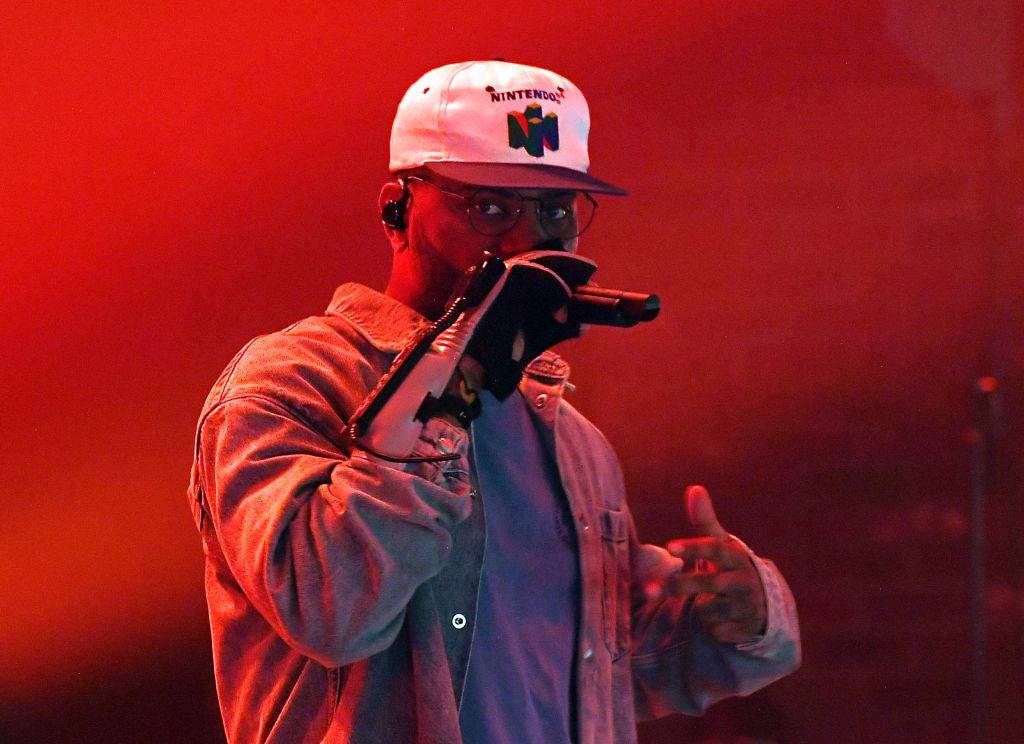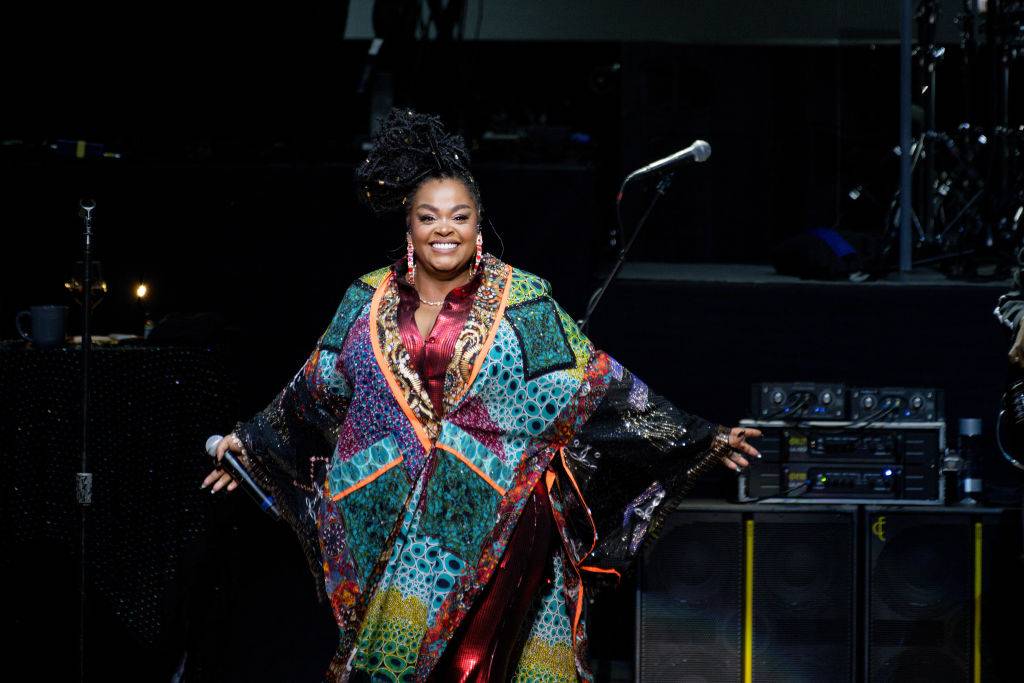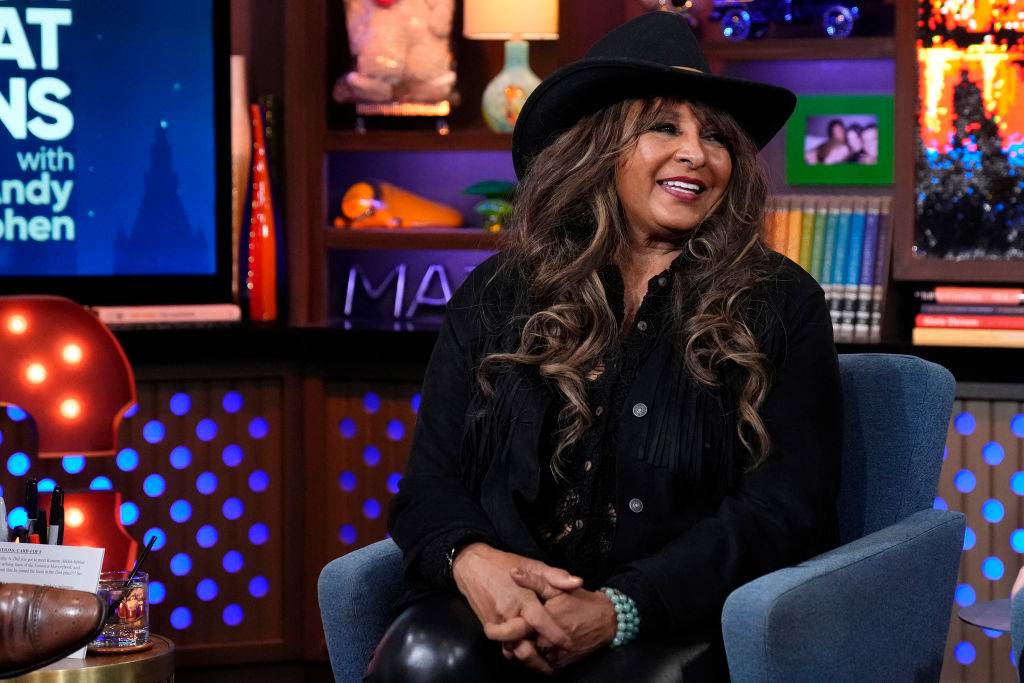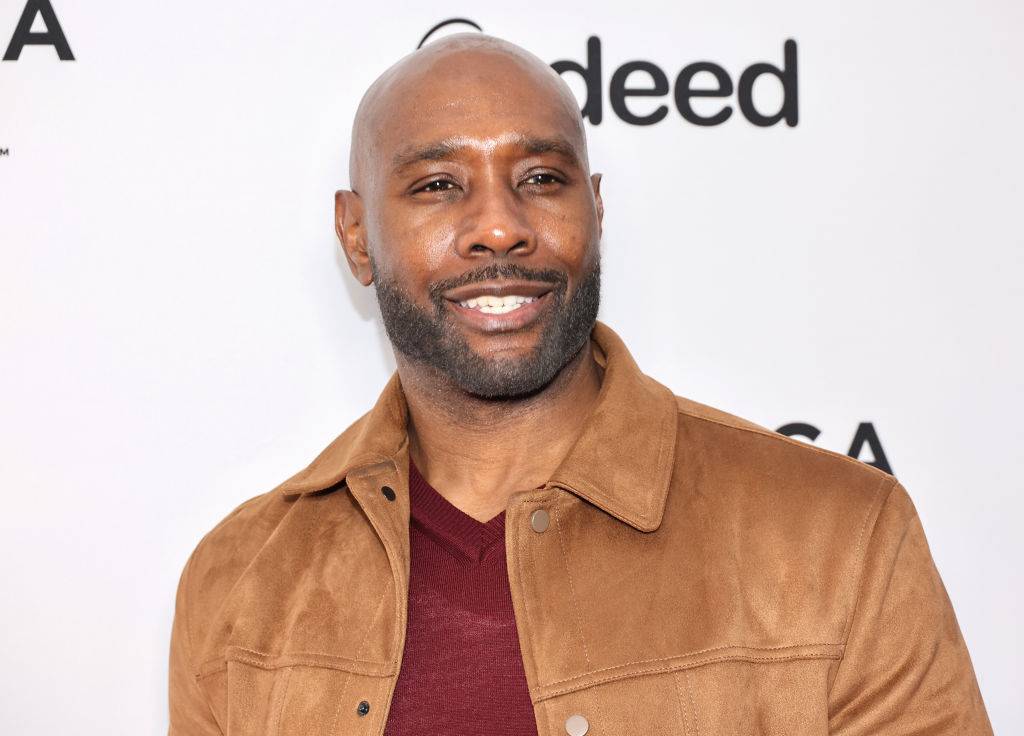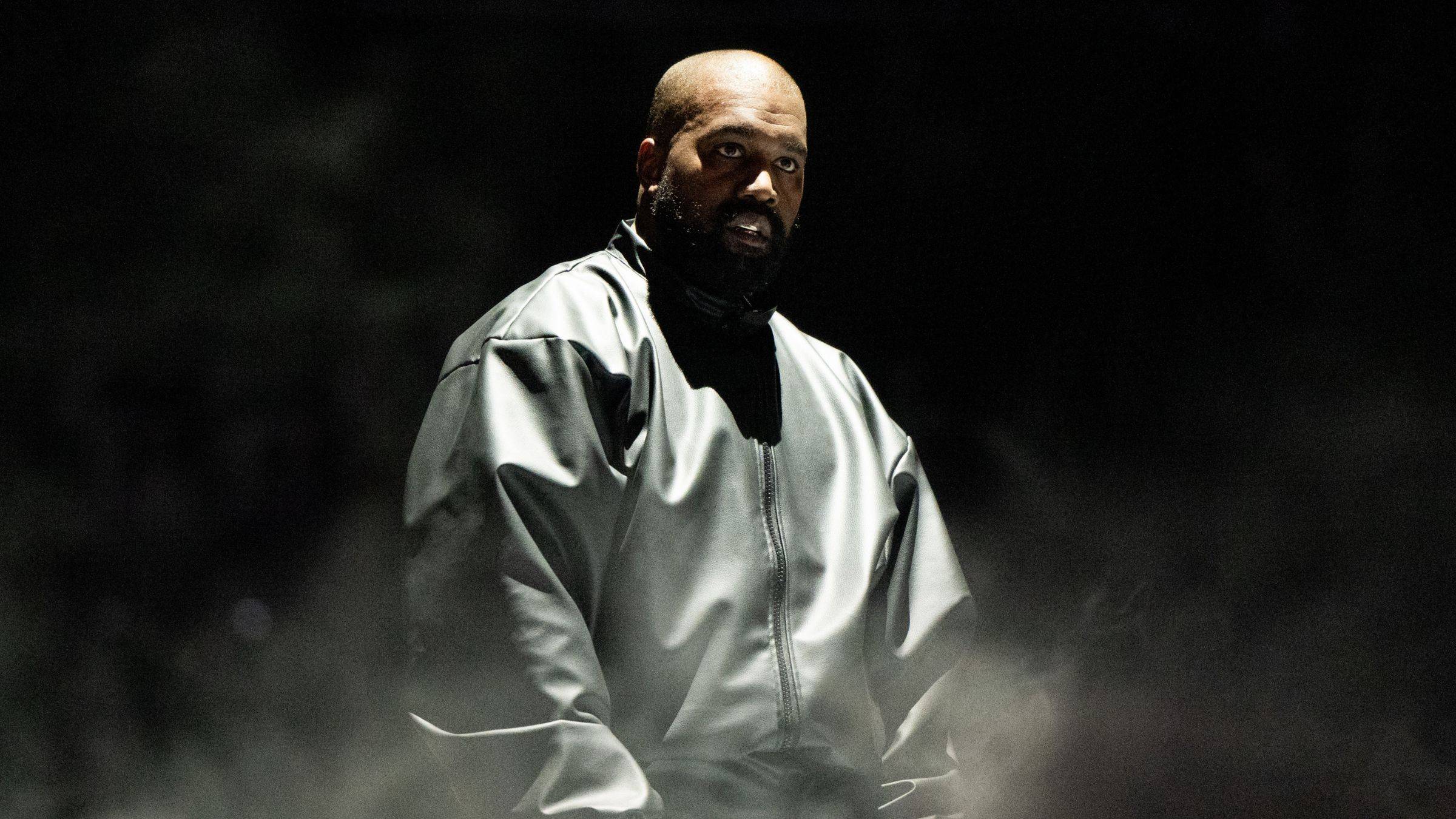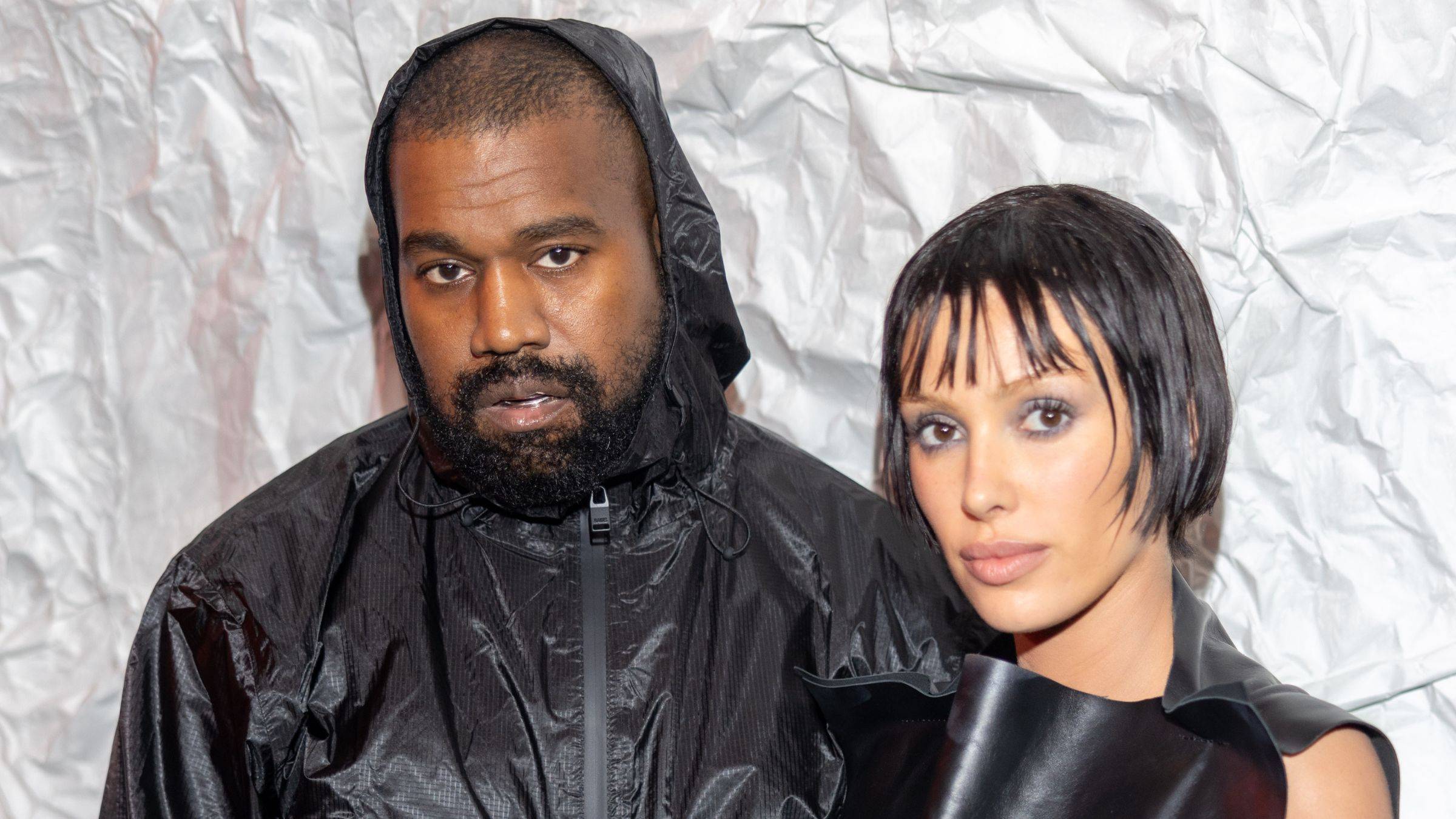Mississippi Mayor Johnny DuPree Discusses Quest for the Governor’s Mansion

Johnny DuPree, mayor of Hattiesville, Mississippi, the state’s fourth-largest city, has come a long way from the little boy raised in a single-parent household who held his first job at the tender age of eight. Or the teen father-to-be that he was when he married his wife 39 years ago. It wasn’t the ideal way to begin his adult life, he concedes, but it didn’t stop him from starting and operating a successful real estate business, earning advanced degrees, serving on his city’s school board and board of supervisors and ultimately becoming mayor.
Now he has his sights set on the governor’s mansion and is undeterred by analysts who say he’s a long shot. That’s what they said last summer about his chances of winning the Democratic nomination, yet win he did.
“This is history in the making,” said Rep. Bennie Thompson (D-Mississippi). “He’s been around, done a lot of good things, but some people say ‘Oh, I don’t know if the time is right.’ About four years ago, people were saying that about a fellow looking to run for president of the United States. We have a similar situation here.”
BET.com: What made you decide to run for Mississippi governor?
Johnny DuPree: It was a pretty long decision. I actually didn’t anticipate running for governor or running for mayor as well. But I took a look at the list of people who were proposing to run and actually tried to get some other people to run and was not successful. I looked at my experience and what I thought I could bring to the table and I thought that quite possibly I could do a better job. If you look at the plight of where we are here in Mississippi, I thought we just needed a new direction and someone who had the experience I have working with grassroots people.
What are the state’s top two biggest challenges and how would you address them?
Without a doubt, education is a top concern. The dropout rate is the highest in the nation. The graduation rate is one of the lowest. I think you can make that connection between education and jobs, recruitment of jobs, health care and teen pregnancy. All of those things relate right back to education, or the lack of education. When you look at our penal system, 70 to 80 percent of the people who are there are high school dropouts.
How do you propose to address the problem?
We have a four-phase Mississippi education-restructuring program that we have proposed that begins with early childhood development. I think we are one of two or three states in the Southeast that actually doesn’t have an early childhood program.
We need for graduation coaches in middle school and in high school to help the dropout rate. States that use graduate coaches have increased their graduation rates and reduced their dropout rates.
On the other end of the spectrum are those who are not going to college. We have to start a program of vocational training, using our unions and our community colleges. The people who actually do the work at my house, HVAC, electrical, plumbing, all those people actually were my classmates. They didn’t go to college but they have their own businesses. They make a decent salary and they hire people.
How do you think your service as mayor of a relatively small city has prepared you to lead an entire state?
Whether it’s small or large, you still have to do the same things. You still have core services that you have to provide, whether it’s for 150,000 people or 50,000 people. Hattiesburg is the fourth-largest city in this state, but the processes remain the same. It’s just a larger population. You have to work with people and put people around the table who are experts in their areas.
What are the biggest challenges that your campaign has faced?
This is my eighth race. We’ve faced basically the same challenges. The first one certainly would be the resources and funds that it takes to actually run a campaign. But we’ve turned those challenges, I think, into opportunities because we’ve been able to galvanize volunteers who have worked for us.
There are also the people who don’t vote. I think we proved that that’s a challenge that became an opportunity because we received more [primary] votes than anybody else. We had 80 percent of the people who voted in the primary come back out in the runoff, which is unheard of. Normally, a high watermark is about 30 or 40 percent. Martin Luther King said once, “If you give a person a reason to vote, they’ll go out and vote.” You give a person a reason to help in a campaign, they’ll help in a campaign.
What are some of the obstacles and challenges that African-Americans in Mississippi face?
Dropout, unemployment, poverty, health care — those are all challenges. We’ve tried to attack some of those things here in Hattiesburg by having housing roundtables and helping small businesses access funds to help them increase their capacity. We’ve basically outlawed smoking in public places. We had relationships with the University of Southern Mississippi and health care providers to start walking clubs. We got a $2 million grant from the National Health Association where we actually track 300 people for a year and a half, helping them combat obesity and to eat right and exercise. The African-American community is no different in Mississippi than it is anywhere else in the nation.
What would your supporters be most surprised to learn about you?
That I’m an introvert. I love to come home, sit on my sofa and read a book or [spend time with family]. My family is my life.
So, why continue to serve in public office?
I have the desire to make this a better place to live and think I was put on this earth to do that. If we can solve our problems in Mississippi, God knows we can solve our problems across this nation. I want to be a part of that.
How would you rate your chances for winning the governor's race?
Well, people ask me that and I tell them if I had not run my chances would be 100 percent of not winning. Since I’m in the race, my chances are 50–50. We have momentum and my competitor and I are about even. Certainly, if we talk about resources and financing, even is not even in the vocabulary. But money didn’t get us to where we are today.
(Photo: AP Photo/Hattiesburg American, Ryan Moore)
